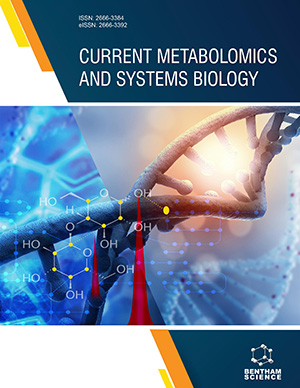Abstract
HIV infects cells of the immune system, particularly T CD4 helper cells. Interaction of viral proteins with the cell, modulate many signaling pathways in the immune system. This interaction facilitate to the HIV replication, trafficking and infection. The starting point in signaling pathways is the attachment of HIV envelope protein gp120 to the CD4 receptor and CCR5 or CXCR4 coreceptor. Such events result in calcium fluctuation and activation of various Protein Kinase C (PKC) isoforms. Moreover, it was reported that gp120 mediates chemotaxis and actin cytoskeleton rearrangement. After the integration of the provirus and gene expression, HIV regulatory and accessory proteins modulate the enzymatic activity of some of the protein kinases. Accessory proteins induction of G2 cell cycle arrest is found to reduce human immune functions through protection against T-cell clonal expansion that would optimize cellular environment for maximal viral replication. Also induced cell cycle arrest via a DNA damage-sensitive pathway in HIV infection has been shown. HIV infects and induces apoptosis of circulating CD4 T and CD34 multi-potent hematopoietic progenitor cells.
Keywords: ATM, Caspase, CCR5, CXCR4, gp120, Lymphocyte-specific protein tyrosine kinase, Negative factor, Nuclear factor (NF)-κB, Phospholipase C, Signaling pathways.






















